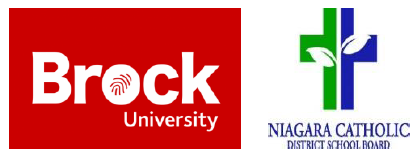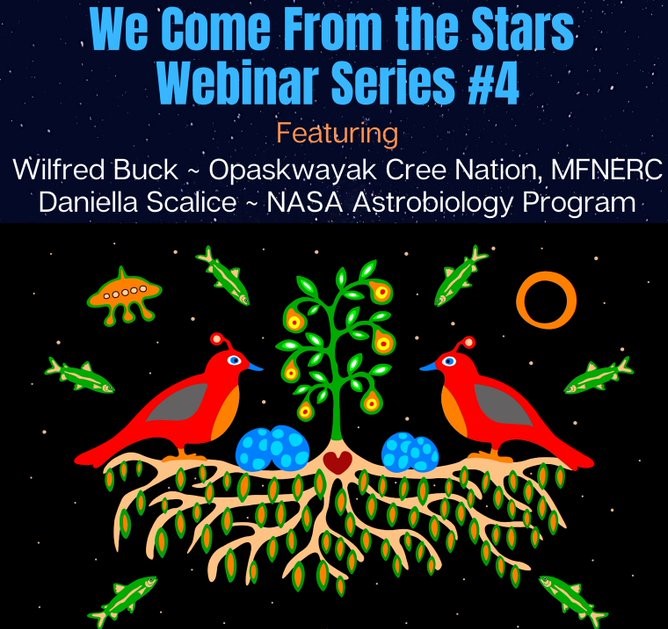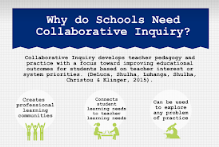
Canadian Early Math Researchers Video Series
The Critical Transitions in Early Math Community of Practice (CoP) is pleased to present a video series highlighting the work of leading Canadian early math researchers. In these videos, researchers describe their areas of expertise and offer practical tips to parents and educators about how to support early math learning. We are extremely grateful for the willingness of our colleagues to collaborate on this project. The series begins with an introductory video about the work that the Critical Transitions in Early Math CoP has done and is currently undertaking.
An Introduction to the Critical Transitions in Early Math Community of Practice, Dr. Lynda Colgan and Dr. Sandy Youmans, Faculty of Education, Queen’s University
The Development of Numerical and Mathematical Skills in Young Children, Dr. Daniel Ansari, Professor, Psychology and Education, Western University
The Role of Spatial Reasoning in The Learning and Doing of Math, Dr. Zachary Hawes, Assistant Professor, Department of Applied Psychology and Human Development, OISE, University of Toronto
Math Minds – A Research Partnership to Improve Mathematics Instruction at the Elementary Level, Dr. Martina Metz, Adjunct Assistant Professor, Werklund School of Education, University of Calgary
The Educational Benefits of Play-Based Learning, Dr. Angela Pyle, Associate Professor, Jackman Institute of Child Study, University of Toronto
Early Geometry, Spatial Sense, and Coding Activities, Edward Schroeter, Kindergarten Teacher and Classroom Researcher, Kawartha Pine Ridge District School Board
The Use of Technology in the Learning and Teaching of Mathematics, Dr. Nathalie Sinclair, Professor and Canadian Research Chair in Tangible Mathematics Learning, Faculty of Education, Simon Fraser University
Implementing Play in Kindergarten Classrooms to Support Early Math Learning, Hanna Wickstrom, PhD Candidate, Developmental Psychology and Education, OISE, University of Toronto







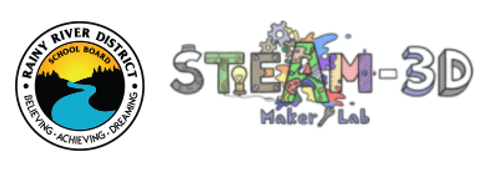

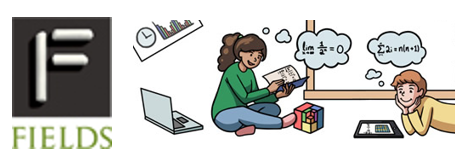
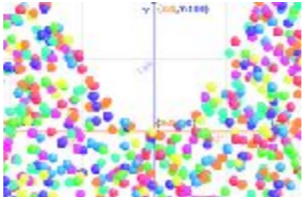

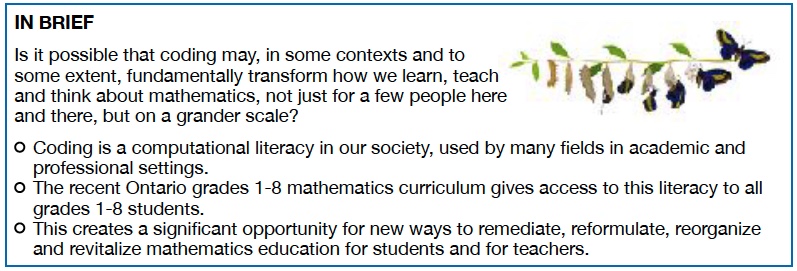
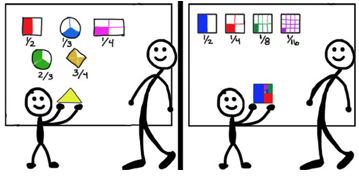 Continuing from our usual
Continuing from our usual 


